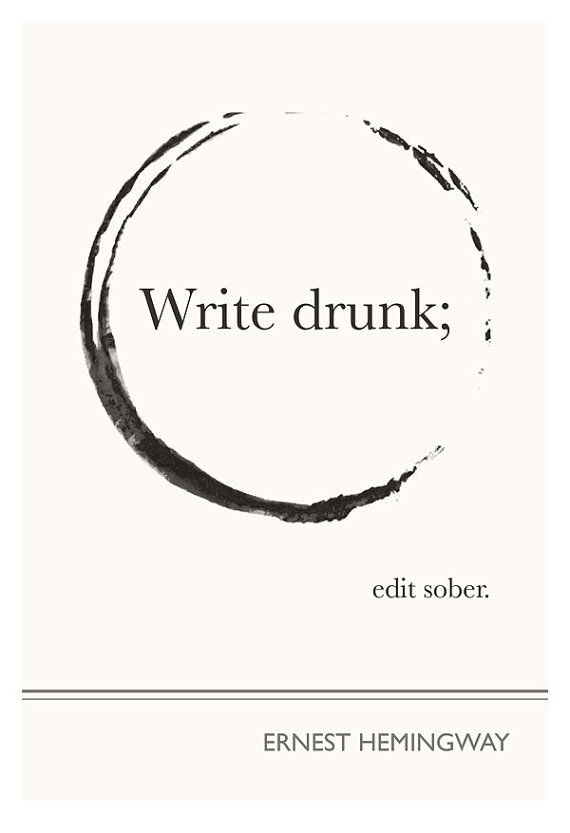Responsibility can be a pain in the ass sometimes.
Remember that anthology I talk about every so often? Well, it’s in jeopardy now as yet another author has left the project…this time not due to lack of time to devote to the project, but rather due to a certain member’s public social media profile.
What blows about it is that I’m in a position of authority in the project so it’s partly my responsibility to see to the matter, because the now-former member has a point.
When you’re in a position like I am–like all of the authors in the project, really–you’ve got to think about the public face you put out for the world to see. This is a project involving authors from around the world, and the goal is trans-Atlantic publication. So yeah, it’s a lot to think about. How do you want potential publishers to see you? Do you have a profile that they wouldn’t want associated with their name, or is your public face free of blemishes?
I’ll freely admit that mine profile’s not 100% clean. There’s more than one reason I don’t put my day job down on Facebook, and the desire for the freedom to cuss every once in a while is just one of those reasons. Is it a profile that I’d be afraid to show publishers? No, because it’s who I am, and my writing reflects that–well, it generally reflects that. Obviously for the project I don’t write the same type of material that I write for personal things–heck, I even write differently here. But I try to keep from getting publicly involved in controversial topics and potentially offensive things (the occasional blue language notwithstanding). I also generally don’t add people under the age of 18 as friends or follow them on social media, not even family members, because I don’t feel that the things I post are appropriate for that age group.
Now, this isn’t something I had considered (as far as the project goes) until this was brought to my attention, but it is a valid point. Your public social media posts can come back to haunt you. Think about what you’re posting: Is it appropriate? Is it offensive? Is it excessively violent/graphic/etc.?
Think before you post, everyone. If you don’t have a problem with posting blatantly offensive or controversial, that’s all well and good. Just be aware that not everyone’s going to be fine with it and it could potentially cut off profitable avenues.




